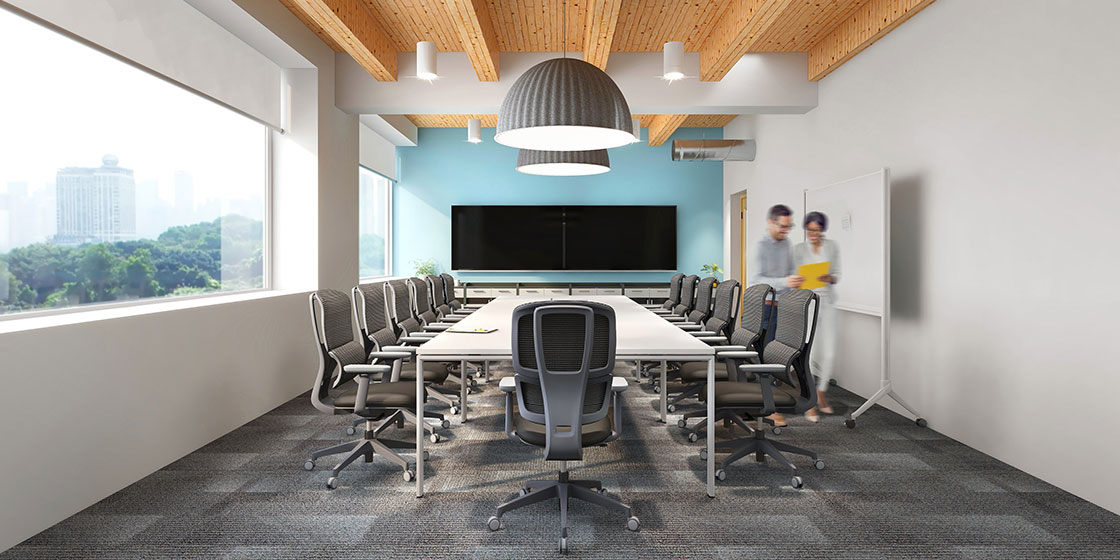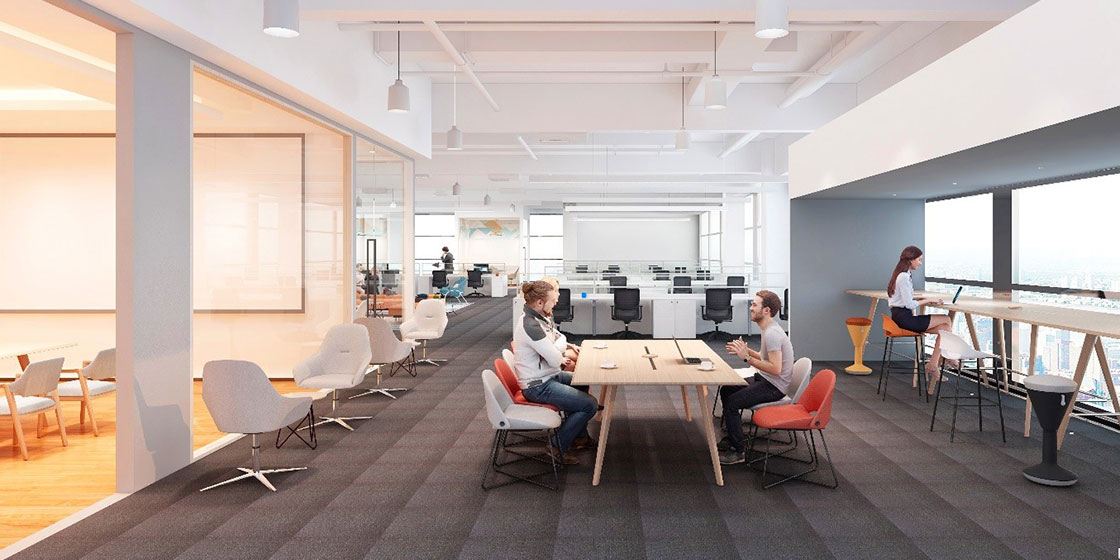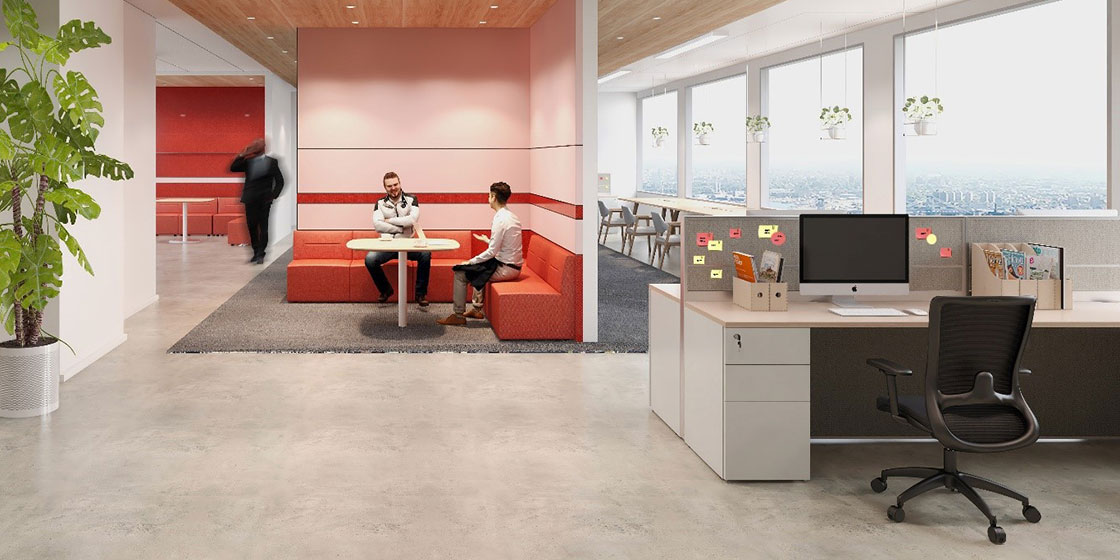
Creating a great corporate culture is tricky. You can't make it, force it or fake it. It is the result of a gradual process that takes time, planning, and strong intent. It is also important to identify the organization's vision, mission, values, personality, and goals... and communicating those things to every employee. Each company has its own unique set of norms and behaviors. Hence, your corporate culture should be distinctively unique to your organization.
There are many intangible factors that influence company culture, but one tangible factor is office design. The environment and surroundings a business operates from have a significant impact on workplace culture and can make people feel more valued and thus happier and more productive at work. Great culture thrives when a forward-thinking company designs an appropriate, engaging, and healthy space for its people.

Workspace’s link to Culture
The design, appearance, and functionality of a workspace communicate a lot about the company culture. Good office design is a crucial vehicle for ensuring culture is not only known but lived and imbibed.
In this article, we’ll discuss the relationship between office design and company culture.
Flexibility and Choice
Providing working ‘choice’ in the environment caters to different needs of different people and helps accomplish their daily goals. A flexible work environment can combat boredom and apathy, thus contributing to higher engagement and a more positive atmosphere over all. Higher engagement means happier employees and better company culture.
Social workspace
Trendy, comfortable lounges and communal areas are more appealing to the employees. Sharing a social space increases the likelihood of ‘casual collision’ between employees which helps make co-worker relationships stronger. Having fun and vibrant space boosts employee morale and leads to higher satisfaction.
Communication and Structure
Office Cultures that encourage open communication often opt for flatter organizational structures. Office space can drastically change the ways in which your employees communicate. A “flat” culture could disperse managers among employees, equipping everyone with the same tools and furniture and thus breaking communication barriers.

Colors and branding
Brand colors and logos help create a unique space that develops a long-term impression on both your employees and visitors and can reinforce company culture. Another way that can help support company culture is to prominently display your core values, mission, and vision statements in the workspace.
Transparency and Control
In a control culture, employees follow standardized procedures to maximize consistency and quality. Decreased density is complemented by private workspaces, sound-absorbing privacy panels, and high-privacy furniture.
In transparent cultures, open floor plans and no screens allow for visual freedom and reduced barriers.
TV screens
Installing TV screens in the social and collaborative spaces is a great way to engage employees and contribute to a cohesive work environment. By broadcasting key metrics for all to see and information of goings-on at the company will make employees aware and motivate to perform better.
Activity-based working
These purpose-built spaces are designed for specific activities for teams and should be accessible to all. Their inclusion in the workspace should be guided by the organization’s culture, values, and work requirements, and can include informal meeting spaces, formal meeting rooms, and project rooms.

Culturing your workspace
Office design is a great way to increase employee well-being and thus enhance company culture. It should speak to the values of the organization and promote the kind of culture it wants to build. Create an environment that supports your work culture and engages the staff. When you design your office with care, it helps your team grow beyond “culture”.